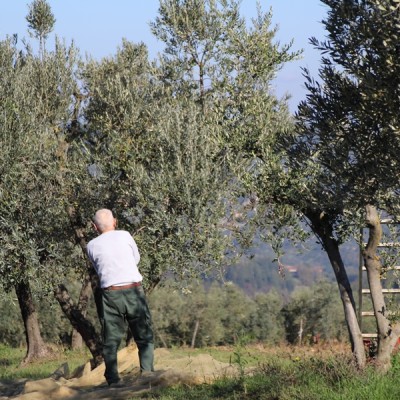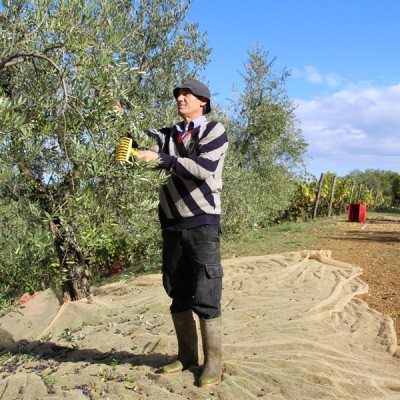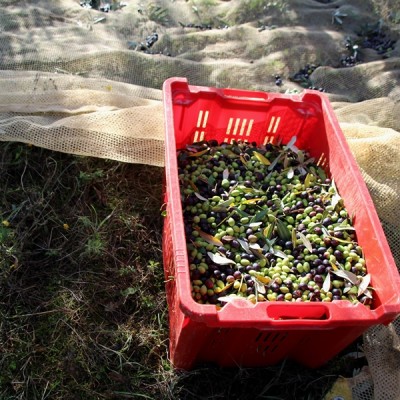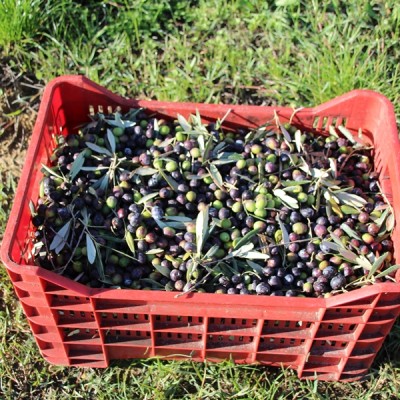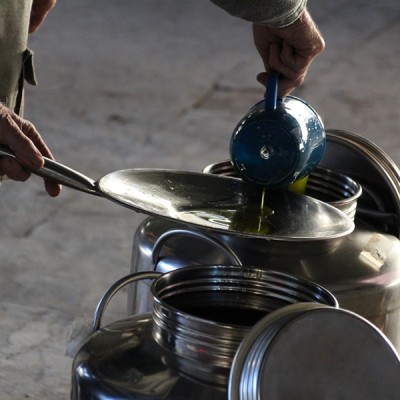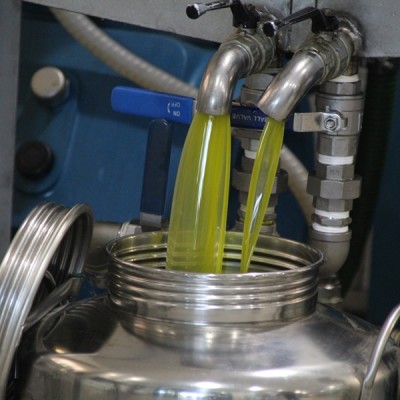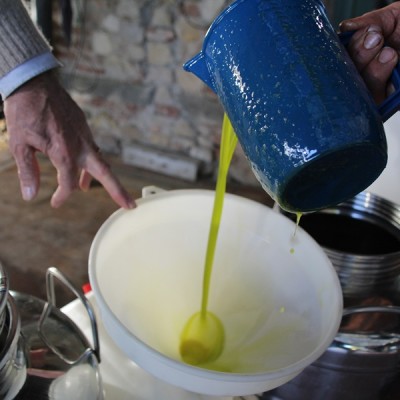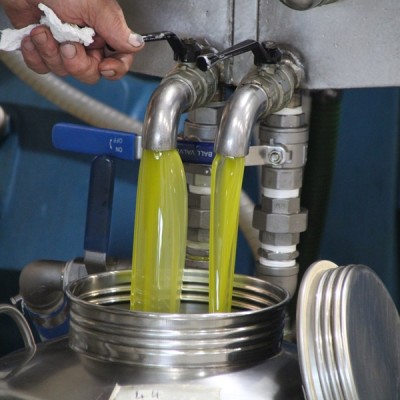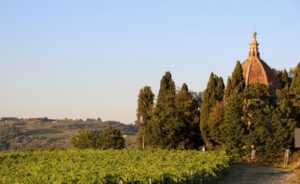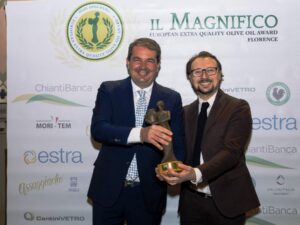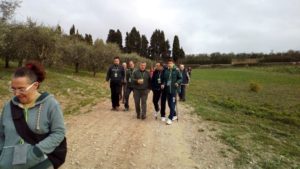Articolo disponibile anche in: Italian
It’s February and a few months have passed since the sector’s best newspapers and magazines were reporting headlines like:”All-time low in olive oil production…” “2016, disastrous year for Italian olive oil …” and “…tragic year..”, “….mad weather …”, “….parasites and olive fruit flies strike again….”.
Now we’re sure! Everything about olive oil has been in the spotlight since 2014, and it has become one of the most talked-about products in all possible senses. We could have fun making a list of the scandals, not to mention the climate changes with all its resulting diseases and insect infestations!
“Today we talk about olive fruit flies as often and with the same intensity as we gossip about showgirls like Belen Rodriguez or Simona Ventura!” – says Fiammetta Nizzi Grifi, olive-growing expert and technical consultant at the Chianti Classico PDO Oil Consortium – “After years of total silence during which those of us concerned with oil had very few others to dialogue with, today everyone’s talking about it, and attention to this product has grown considerably. So we’re very happy, and above all certain, that we’re on the way to seeing the improvements we’ve been waiting for since our great-grandparents’ time, when they planted olive trees with the certainty of providing future generations with sustenance and income”.
Without doubt the value of olive oil on international markets and beyond is growing steadily, and we are starting to see an increase in income for olive growers, especially those who work well and produce good quality oil.
Chianti Classico PDO 2016 oil was produced in a special year, the year of the 300th anniversary of our DOC zone. Production quantities of PDO Chianti Classico olive oil have dropped slightly because the average quantity of olives per tree has dropped to 6-7kg instead of 10-12kg, in normal years.
The yield in oil has dropped too by a couple of points, so Chianti olive-growers have faced higher costs to bring home the oil production.
On the other hand, in terms of the quantity of PDO Chianti Classico olive oil presented for certification, we have seen a clear increase because compared to a few years ago, more estates are registered with the Consorzio and more have undertaken the process of certification for their olive oil.
The quality features of our oil are recognized on the markets and sales are on the rise because the consumers are learning to understand the importance of buying oils with guaranteed traceability and quality control.
One of our strong suits has always been informing the consumers that only PDO and PGI oils must be subjected to chemical and organoleptic monitoring, while generic extra virgin olive oil is not obliged by law to undergo any testing prior to bottling.
FURTHER INFORMATION
– Number of registered members of Consorzio Olio DOP Chianti Classico in 2016: 238
– Number of hectares registered as olive groves in 2016: 3,042
– Number of olive trees registered in 2016: 361,813
Litres of certified DOP Chianti Classico olive oil bottled (since 1999)
|
Year of harvest |
Quantity bottled (litres) |
Year of harvest |
Quantity bottled (litres) |
|
|
1999 |
52.400 |
2008 |
139.383 |
|
|
2000 |
91.896 |
2009 |
123.787 |
|
|
2001 |
139.882 |
2010 |
141.518 |
|
|
2002 |
117942 |
2011 |
137.169 |
|
|
2003 |
58.927 |
2012 |
126.516 |
|
|
2004 |
121.144 |
2013 |
111.413 |
|
|
2005 |
123.725 |
2014 |
117.635 |
|
|
2006 |
125.535 |
2015 |
50.934 |
|
|
2007 |
82.926 |
2016 (to 31/1/2017) |
130.728 |
